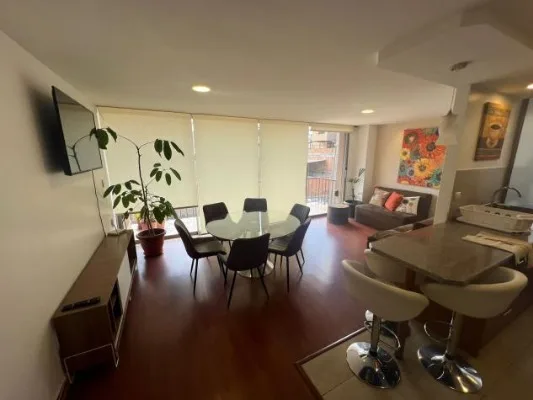Want to do business in Ecuador? Here’s how to prepare for your first business meeting
By Sylvan Hardy
A long-time expat tells the story from 2008 of a man from Texas who wanted to build a townhouse development in Cuenca’s northeast suburbs. The Texan wanted to partner with a prominent Cuenca developer in the project and made an appointment to present his plan.

Business meeting protocol is different in Ecuador.
The expat and his Texas client showed up on time at the developer’s office on Av. Ordoñez Lasso. They were greeted cordially by the developer and his assistant, offered coffee, and were seated at a conference table.
The developer, who spoke fluent English, asked the Texan about his wife and children, and shared some information about his own son who was attending university in the U.S. He then said he was happy that the Texan was interested in Cuenca, and began to talk about the recent cultural and business changes in the city.
Listening to the discourse, the Texan became increasing fidgety and when the developer paused to sip his coffee, the Texan thumped the table with an open palm and said, “Let’s cut the small talk and get down to business.”
The developer calmly put his coffee cup back on the saucer, rose from the table and said, “This meeting is over.”
As the expat and his client headed for the door, the Texan turned back to the developer and said, “You don’t understand, I have money.”
The developer responded, “I do understand. And I’m not interested in your money.”
One of the most important lessons North Americans who want to do business in Ecuador learn is that small talk is important. Although much of it may seem trivial, it is part of the social ceremony of civil society in Ecuador, including that of conducting business.
Although the subject could fill a book, here are a few tips on business etiquette and protocols for business meetings in Ecuador.
Dress
In most office settings, men should wear a suit or a nice sports coat and slacks. Women should also wear a suit, especially in the sierra where dresses are worn infrequently. If you have met those you are doing business with before, and know them to dress casually, it is fine to match their level of formality. Increasingly, younger Ecuadorian businessmen, wear nice jeans, dress shirt and sports coat.
Attitude about time
Ecuadorian businessmen and women are becoming more punctual but this is still Latin America so expect to be kept waiting a while for your appointment, or even to find it’s been canceled after you arrive. You, however, should always be on time. It’s customary to confirm appointments ahead of time and failure to confirm is often taken as a sign that you are not coming. Ecuadorians almost never make appointments weeks in advance and, when they do, a follow-up confirmation is essential.
Introductions and protocol
Address your counterpart — at least at first — by his title and last name. Proper handshakes in Ecuador are soft and brief, not aggressively firm. Business cards are commonly exchanged during the course of the meeting. It’s polite to accept the tea or coffee that is almost always offered.
Meeting culture
Meetings are generally less productive than they are in North America, although, like the small talk, foreigners should respect the process, stay calm, and listen carefully. Ecuadorians often communicate their interests and intentions subtlety and the foreigner should be sensitive to signals.
Evasive answers
When an Ecuadorian businessman or woman either doesn’t want to address a question or feels that his answer may elicit a strong reaction, he or she will often substitute a story on a related topic instead of answering directly; pick up the hints. Don’t assume that you are being lied to or being deceived. Listen politely and then if you really need an answer, rephrase the question in a courteous fashion. Understand that, as in Japan and several other Far East countries, there are many ways to say “no,” and many of them sound like “yes.”
Go with the flow
Foreigners are frequently frustrated by Ecuador’s rules and customs and, most of all, by the amount of time required to get things done. Typically, the foreigner is led to believe that things will happen faster than they actually do. They won’t. Accept it.





















